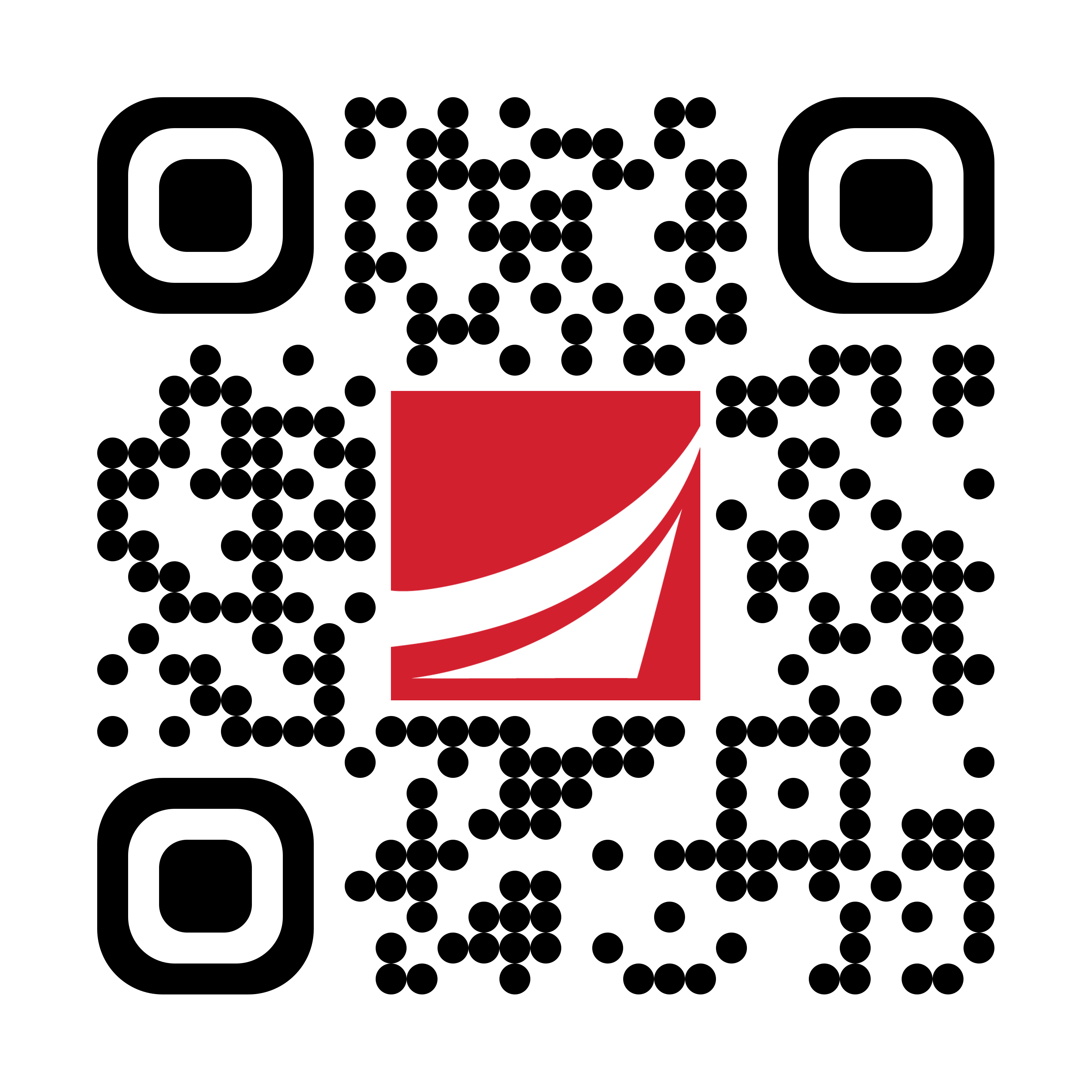
Banking from your phone?
Download our app
Welcome Back
You can access your accounts here.

Banking from your phone?
Scan the code to download our app.

not featured
2022-04-15
Culture
published
Honoring Ourselves and the Diverse Dimensions of Others by Dr. Andrea Hendricks, DEI Thought Leader


-
As a nation, we struggle with the ability to accept the whole individual--the sum of the parts of a person. As globalization introduces people to new traditions, multiple cultures, blended families, and other diverse concepts, we find ourselves struggling to maintain simplicity in our own relationships, our communities, and our workplaces.
How do you honor the diverse dimensions each of us holds without watering down the need to include/advance groups who have been historically marginalized?
To truly honor yourself you must believe all deserve the same honor no matter the background. Everyone is diverse. Organizations must work effectively to treat everyone equitably—all employees are a part of your culture, work family and team. Ubuntu is the ability to honor humanity through compassion. It is a South African term meaning humanity to others.
“I am what I am because of who we all are to others.” “A person is a person through other people.” “Until you see me, I do not exist.” “In order to bring me into exist, you must see me, and I must see you.” If we stay focused on honoring the Ubuntu principle, there will be no need to believe one wins and one loses.
As a nation, we struggle with the ability to accept the whole individual--the sum of the parts of a person. As globalization introduces people to new traditions, multiple cultures, blended families, and other diverse concepts, we find ourselves struggling to maintain simplicity in our own relationships, our communities, and our workplaces.
Primary and Secondary Dimensions
Being open to seeing how our individual and collective dimensions connect with one another is the power of effective diversity. We have more in common with one another than ever before. Embracing the way, we intersect with one another can facilitate how we discover more common ground. There are two major dimensions of diversity: primary and secondary dimensions.
-
Primary dimensions include gender, race, ethnicity, age, past education, physical and mental ability, sexual orientation, first language, and more.
-
Secondary dimensions are those that can be changed, and include, but are not limited to educational background, geographic location, income, marital status, military experience parental status, religious beliefs, diverse ideas/perspectives, and work experiences.
Based on the diversity dimensions shared, we all have multiple intersections in our lives. Intersectionality is defined as engaging and valuing a full range of diversity dimensions primary or secondary in the workplace. This approach supports all the interwoven diversity dimensions that one encompasses as an individual ensuring that experiences are interlocking and interwoven throughout the organization. This allows for employees to bring their whole self to work. You leverage intersectionality by making sure all employees matter and have a seat at the table. You must spend time leveraging the whole self-paradigm to be effective in reaching greatness in the workplace. You must know who you are and then be allowed to bring your whole selves to work. The work environment must be designed to effectively support who you are so that you can be great in your intentions and interactions. Until work environments allow for intersectional engagement experiences, employees might lose major key drivers of success related to productivity, satisfaction, and retention.
Championing Workforce Diversity
Here are a few ways one can champion workforce diversity:
-
Allyship you do not have to be "one of" to support others. Recognize the opportunities afforded to you and use that to aid in the dismantling of systems and processes that prevent colleagues from having equal opportunities.
-
Advocate/mentor/sponsor/champion for others a person who vouches for, supports, advises, or speaks on behalf of others when they are not in the room.
-
Empathy walk a mile in the other person's shoes you cannot understand others until you are willing to walk a mile in their shoes. It is the ability to experience the world from another person’s perspective.
-
Cultural Intelligence is the capability to relate and work effectively in culturally diverse situations. This approach supports the measuring of a person’s capacity to function effectively in a multicultural environment with individuals who are different. The opposite of cultural intelligence is monoculture, nonculture or living an unenlightened life.
-
Wisdom of the Crowds—an excellent book that addresses why the many are smarter than the few and how collective diverse wisdom shapes business, societies, and nations.
The Choice Is Yours
If we choose not to honor all no matter the diversity dimension, we limit our ability to walk in the shoes of others, to understand, and to empathize with workplace conditions or issues that are outside of our own cultural context. Overtime, we will not be able to develop relationships beyond our immediate familiar circle thus preventing us from benefiting and learning from others. Our personal and professional growth will be stunted.
Overtime, if leveraged correctly, honoring all diversity dimensions, and enhancing cultural intelligence enables us to adapt effective interactions across cultures to gain new insights and develop better initiatives in the workplace. The choice is yours. We can get there together!
Dr. Andrea Hendricks
DEI Thought Leader
Dr. Andrea Hendricks: Biography
As the Senior Executive Director & Chief Diversity, Equity & Inclusion Officer, Dr. Andrea Hendricks leads Cerner’s global diversity efforts in over 26 countries and the US. In addition, she is a member of the Human Resources Leadership Team Since 2018, she is making an impact on Cerner’s culture by driving strategy and engagement initiatives that foster organizational learning and enhanced corporate diversity and inclusion vision for Cerner associates, leadership and community collaborative partners.
She works enterprise-wide to seamlessly embed comprehensive diversity engagement strategies and best practices. Hendricks past roles included being the Assistant Vice President & Deputy Director of Diversity and Inclusion at the Federal Reserve Bank and SVP, Diversity and Inclusion at UMB Financial Corporation.
Hendricks graduated from Kansas State University with a Bachelor of Science in Human Development Psychology and Mass Communications and a Master of Science in Student Counseling Psychology and Personnel Services. She earned a Doctorate in Educational Psychology and Policy Analysis from the University of Missouri -Columbia. She has a Certificate in Diversity Leadership from SHRM and Yale University.
She is an author of a diversity book titled: The BIG Journey: Bold Inclusion for Greatness. Hendricks currently serves on the National World War I Museum, YMCA, United Way’s board to name a few. She is a member of the National Women Business Collaborative, Greater Kansas City Executive Women’s Leadership Council, Alpha Kappa Alpha Sorority, Black Achievers and the Greater Kansas City (MO) Links, Inc.
Dr. Hendricks has received numerous noteworthy recognitions over the years. In 2021, Hendricks received the 10 Most Empowering Women in Business Award by Insights Magazine, Inducted into the Women Who Mean Business in Kansas City and the Top 50 National Multi Cultural Leaders recognition by Diversity Leadership, Inc. In 2020, she received the Greater Kansas City Chamber of Commerce ACE Diversity Award, 2019 Black Health Care Equity Award, Black Achiever’s Society Lifetime Achievement Award and the NAACP of Kansas City community leader award.
In 2012, the Women’s Foundation honored her for her commitment to women’s issues and in 2011 she received a Peak Performance award for her continued commitment to leadership excellence and stellar work in the area of corporate diversity and inclusion from the National Eagle Leadership Institute to name a few.
Andrea D. Hendricks, Ed.D., CDE
Senior Executive Director & Chief Diversity, Equity & Inclusion Officer
Global DEI, Community, Philanthropy
Cerner Corporation